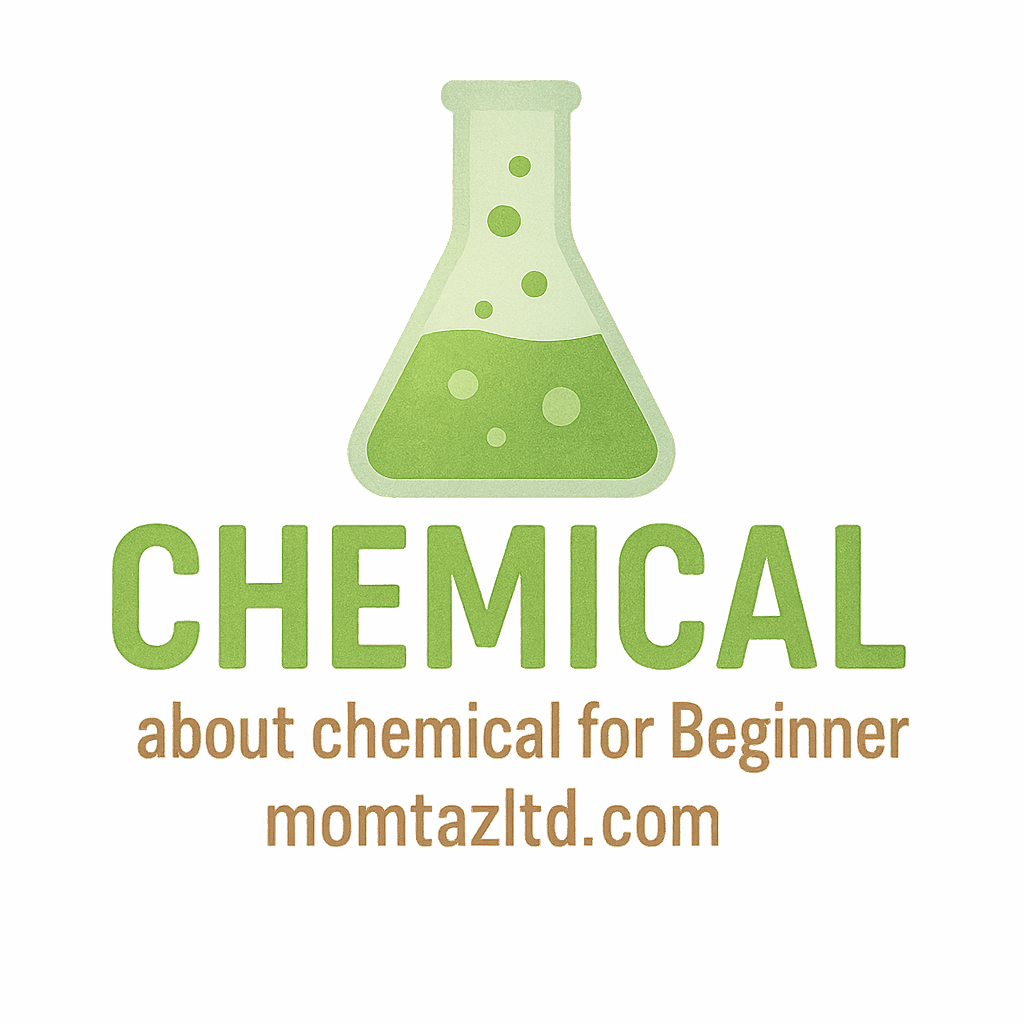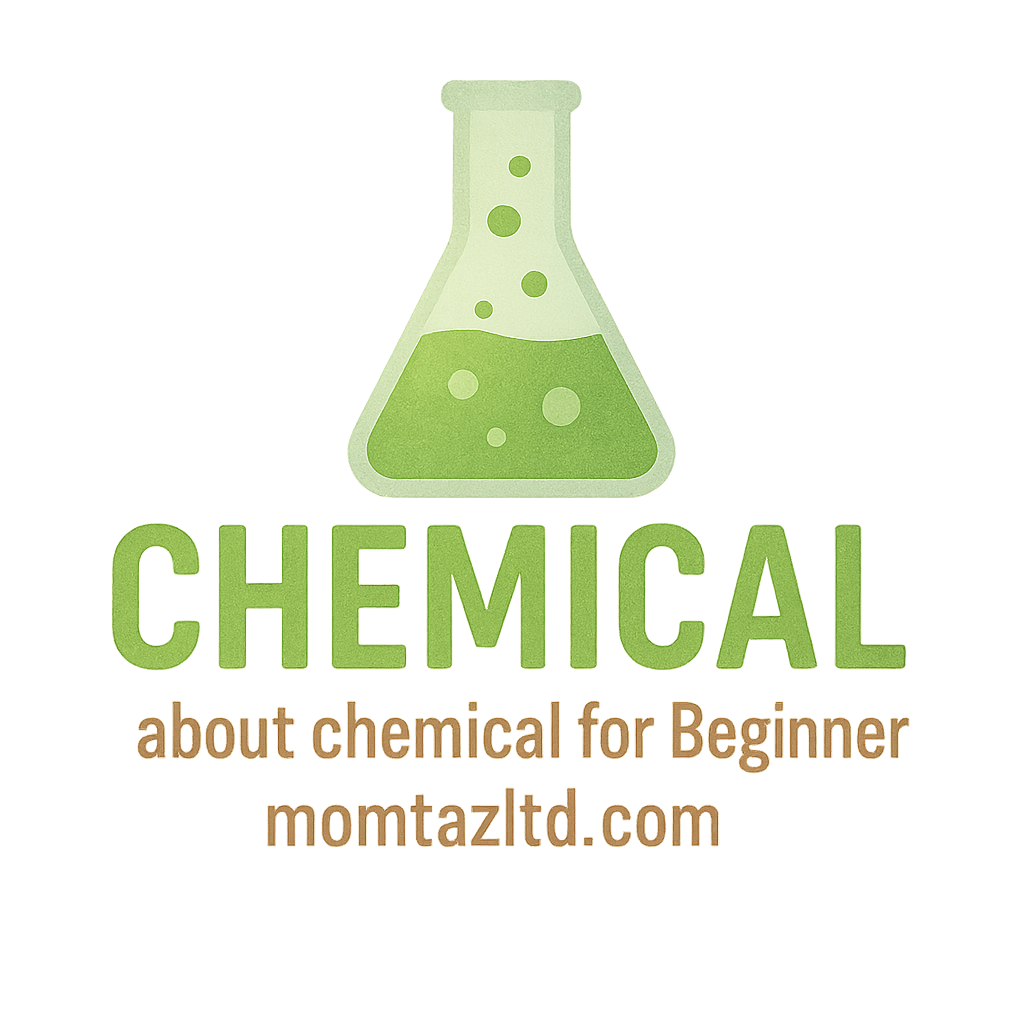Introduction to Industrial Chemicals Myths
When we think of industrial chemicals, it’s easy to assume they’re all dangerous, complex, or only useful in specific industries. The truth, however, is far more nuanced. Many of the myths surrounding industrial chemicals are not only misleading but also prevent us from understanding their significance in our daily lives. In this article, we’ll tackle five myths about industrial chemicals that you should completely ignore. By busting these misconceptions, you’ll gain a better appreciation for the safe and essential role these chemicals play in various sectors.
What Are Industrial Chemicals?
Industrial chemicals are compounds produced in bulk for use in a wide variety of industrial processes, including manufacturing, agriculture, and even home products. These chemicals are essential to the functioning of countless systems that shape the modern world. They range from the production of plastics and medicines to agricultural fertilizers and cleaning agents. For more detailed information about industrial chemical categories, check out Industrial Chemicals.
The Importance of Industrial Chemicals in Today’s World
Without industrial chemicals, the world as we know it would not function as efficiently. From the creation of everyday products like clothing, food packaging, and cleaning supplies to more specialized uses in pharmaceuticals and automotive industries, chemicals are indispensable. They help improve quality of life, drive economic growth, and enable advancements in science and technology. For a deeper dive into how chemicals play a role in our daily lives, visit Household Chemicals.
How Industrial Chemicals Impact Different Sectors
Industrial chemicals impact multiple sectors, including:
- Manufacturing: Chemicals are used in production processes, from the creation of steel to the making of plastic products.
- Agriculture: Fertilizers, pesticides, and herbicides enhance crop yield and fight against pests.
- Pharmaceuticals: Active pharmaceutical ingredients (APIs) are derived from chemical compounds.
- Consumer Products: Household cleaners, cosmetics, and food preservatives all rely on chemicals for their effectiveness. Learn more about the importance of chemicals in Chemical Careers.
Myth #1: Industrial Chemicals Are All Dangerous
It’s easy to assume that industrial chemicals are inherently hazardous. Movies and sensational media reports often portray chemicals as toxic, harmful substances. However, this is a massive oversimplification.
Understanding the Difference Between Dangerous and Safe Chemicals
Not all chemicals are dangerous. In fact, many chemicals used in industrial processes are entirely safe when used according to regulations and guidelines. The key difference lies in how chemicals are managed. The risks associated with industrial chemicals depend on their composition, concentration, and how they are used. For more on chemical safety, visit Chemical Safety.
How Industrial Chemicals Are Regulated
The use of industrial chemicals is tightly regulated by national and international safety standards. Agencies like OSHA (Occupational Safety and Health Administration) and the EPA (Environmental Protection Agency) ensure that chemicals are handled, stored, and disposed of in a safe manner. These regulations help to prevent accidents and ensure the safety of workers and the environment. Learn more about the safe handling of chemicals in our Chemical Storage guide.
Myth #2: All Industrial Chemicals Are the Same
Another common misconception is that all industrial chemicals are essentially the same. People tend to think of chemicals as a homogenous category, but the truth is much more complicated.
The Variety of Industrial Chemicals
Industrial chemicals come in various forms and serve multiple functions. They can be solids, liquids, or gases, and each one is designed for specific uses in different sectors. From acids to alkalis, and solvents to fertilizers, the diversity is staggering. For more on the different types of chemicals, check out Laboratory Chemicals.
Different Categories of Industrial Chemicals
Some common categories of industrial chemicals include:
- Basic Chemicals: These include chemicals like sulfuric acid and hydrochloric acid used in various manufacturing processes.
- Specialty Chemicals: These chemicals are used in more specific applications like paint, coatings, and pharmaceuticals.
- Consumer Chemicals: Everyday products like cleaning agents and personal care items rely on specific industrial chemicals.
Myth #3: Industrial Chemicals Are Only Used in Manufacturing
Many people mistakenly believe that industrial chemicals are only relevant in manufacturing plants. While it’s true that these chemicals play a huge role in factories, their applications extend far beyond that.

Diverse Applications Beyond Manufacturing
Industrial chemicals are used in agriculture, the pharmaceutical industry, food production, and even cosmetics. For instance, fertilizers and pesticides are essential for modern farming. Pharmaceutical chemicals contribute to life-saving drugs, while chemicals like sodium bicarbonate (baking soda) are used in cooking and cleaning at home. Discover more about the uses of chemicals in Agriculture.
Chemical Products in Agriculture and Consumer Goods
- Agriculture: Chemicals like pesticides, herbicides, and fertilizers are used to increase crop yields and ensure food security. Check out Chemical Reaction to explore how chemicals contribute to agricultural practices.
- Consumer Goods: Items we use every day—such as cleaning supplies, shampoos, and detergents—rely on industrial chemicals to perform effectively. For more on household chemical products, visit Home Tips.
Myth #4: Handling Industrial Chemicals Is Too Complex for Anyone
Another widespread myth is that handling industrial chemicals is incredibly difficult and should only be done by highly trained experts. While it’s true that certain chemicals require special handling, the vast majority of industrial chemicals can be safely handled by trained workers using appropriate safety measures.
Proper Handling Protocols and Safety Standards
The safe handling of chemicals is a priority in any industrial setting. Guidelines and safety standards are in place to ensure that workers know how to use these chemicals safely. Workers are trained to follow strict protocols, including wearing protective gear, using ventilation systems, and following safe storage practices. For safety tips, check out Chemical Terms.
Training and Safety Equipment in Industrial Settings
Training is critical to ensuring the safe use of industrial chemicals. Employees receive instruction on how to handle chemicals properly, read labels, and understand the potential hazards. Safety equipment such as gloves, goggles, and masks are commonly used to minimize exposure to harmful substances. Explore training programs in the Chemical Careers section.
Myth #5: Industrial Chemicals Are Only for Experts
Finally, many people believe that chemicals are only for scientists, lab technicians, or industrial professionals. This myth fails to recognize that industrial chemicals are used in many aspects of daily life.
Chemicals Are Part of Our Daily Lives
Chemicals like soap, detergents, and cosmetics are industrial chemicals that are used by millions of people every day. Even food products like preservatives and colorants involve industrial chemicals in their production. Learn more about chemicals in your daily routine at Learn Chemical.
Understanding Chemical Safety for Everyone
The key to chemical safety is education. By understanding the potential hazards and learning how to handle chemicals properly, anyone can safely use products that contain industrial chemicals. Always read labels, follow safety instructions, and use chemicals as intended. For additional safety tips, check out Chemical Safety.
Conclusion: Separating Fact from Fiction
While industrial chemicals are often misunderstood, it’s crucial to differentiate between myths and reality. The reality is that industrial chemicals are essential to modern life, and most are safe when handled correctly. They help create everything from the food we eat to the products we use every day. By busting these five myths, we can better appreciate their importance and use them responsibly. For more information on chemical safety and career opportunities in the field, explore our website’s Chemical Basics and Chemical Careers sections.
Frequently Asked Questions About Industrial Chemicals
1. Are all industrial chemicals toxic?
No, not all industrial chemicals are toxic. Many are essential for daily life and are safe when used properly and under regulation. Learn more in Chemical Terms.
2. How can I safely handle industrial chemicals at home?
Always follow the instructions on the label, wear appropriate protective gear if necessary, and store chemicals safely away from children. For more information on chemical handling, check out Chemical Storage.
3. What types of chemicals are used in manufacturing?
Manufacturing uses a wide variety of chemicals, including acids, solvents, lubricants, and plastics. Explore different categories in Laboratory Chemicals.
4. Are chemicals used in agriculture harmful to the environment?
While some agricultural chemicals can be harmful if misused, strict regulations are in place to limit their environmental impact. Learn more in Chemical Safety.
5. Can chemicals be recycled or reused?
Many industrial chemicals can be recycled or reused, reducing waste and minimizing environmental impact. For more on recycling chemicals, explore Chemical Reaction.
6. Are there alternatives to industrial chemicals?
In some cases, yes. However, industrial chemicals are often the most efficient and cost-effective solutions for various processes. Learn more in Chemical Basics.
7. How are industrial chemicals regulated?
Industrial chemicals are regulated by agencies like OSHA, EPA, and REACH, which ensure that they are used safely in various industries. Check out Chemical Terms for more information.


